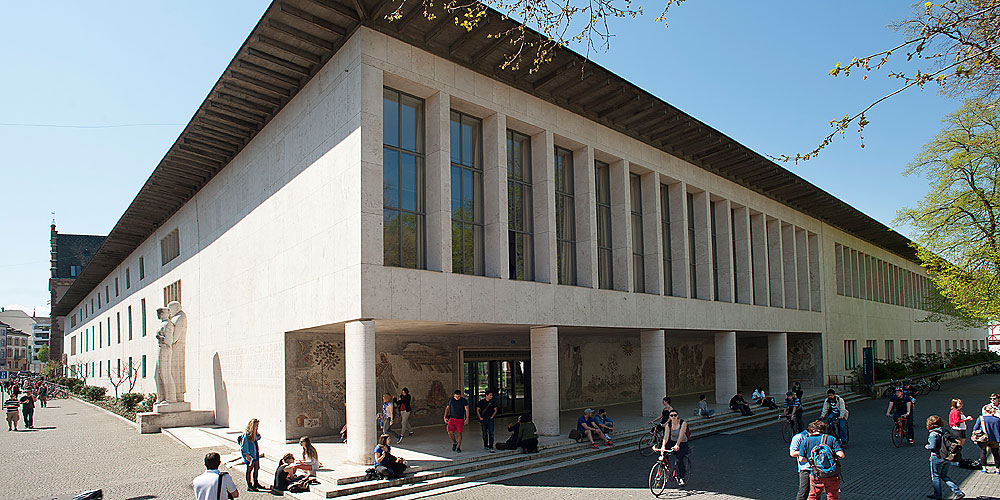Researchers at the University of Basel have discovered a molecular mechanism that plays a central role in intact long-term memory. This mechanism is also involved in physiological memory loss in old age.

The Covid-19 pandemic has meant that a number of special anniversaries couldn’t be properly celebrated in 2020. The University of Basel was also forced to cancel the ceremony to mark its 560th Dies Academicus. Nevertheless, the university is honoring a number of its scientists and researchers for their outstanding achievements.

For the first time, a study demonstrated that loud night-time noise from airplanes can trigger a cardiovascular death within two hours. Researchers from the University of Basel, the Swiss Tropical and Public Health Institute (Swiss TPH) and partners compared mortality data with acute night-time noise exposure around Zurich airport between 2000 and 2015. The results of the study have been published in the European Heart Journal.

The Swiss National Science Foundation (SNSF) has awarded seven new assistant professorships to the University of Basel. Among others, the projects supported in connection with the Eccellenza program come from the fields of theoretical physics, immunopathology and psychology, and will each receive an average of about one and a half million Swiss francs.

Iron-deficiency anaemia is a major concern in low income countries, especially for women. A study conducted in Tanzania has now demonstrated the advantage of iron infusion therapy over the usual treatment with iron tablets. This was reported by an international research team in the journal "The Lancet Global Health".

With the national day against sexual harassment, the Swiss universities want to sensitize their members to this important topic next Wednesday. The University of Basel is offering various virtual events on this day. In advance, the new regulations on the protection of personal integrity were adopted and put into effect.
A Basel-led international research team has discovered a connection between the intestinal flora and sites of inflammation in the central nervous system in multiple sclerosis. A specific class of immune cell plays a central role in this newly identified gut-brain axis. The discovery could pave the way for new treatments for MS that target the intestinal flora.

Lake Tanganyika in Africa is a true hotspot of organismal diversity. Approximately 240 species of cichlid fishes have evolved in this lake in less than 10 million years. A research team from the University of Basel has investigated this phenomenon of “explosive speciation” and provides new insights into the origins of biological diversity, as they report in the journal “Nature”.
The results of a survey conducted by the University of Basel showed that the pandemic’s first wave put a great deal of psychological strain on many people in Switzerland. Now, the second wave of Covid-19 has arrived just as the nights are drawing in again. A second survey conducted as part of the Swiss Corona Stress Study seeks to determine the effects that the rise in infection rates and restrictions on day-to-day living are having on people’s mental well-being.

